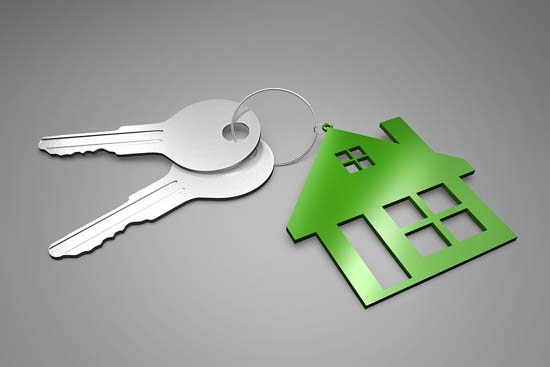5 Checkpoints before you Sign a Rent Agreement
November 2017
1. Rent clause
The first thing to check is the rent you will pay and the increment clause. If no hike is mentioned in the document and the owner decides to increase it a few months down the line, it will be easy to confront him.
There is usually a 10% rental rise after a year, and you need to be clear that this is listed or if you are comfortable with it. The lease is typically renewed after 11 months, not a year, since it has to be registered if the duration is more than 11 months. Also find out about the security deposit and how this amount will be adjusted when you vacate. The document should also list a termination clause, specifying the tenure of stay and notice period, if any. It is also a good thing to find out about the mode of payment to avoid any confusion.
2. Fees & charges for facilities
Check if there is any penalty for delayed payment of rent mentioned in the agreement. It should clearly state the day by which the rent is expected and the charges you will incur if you do not pay by the due date. You could also be expected to pay for various facilities in the society, such as gym, parking, club and swimming pool, regardless of whether you avail of these.
Make sure all the charges you need to pay are listed in the agreement. Also find out whether the previous maintenance charges, utility bills and property tax have been paid by the former tenants or owner before you move into the house.
3. Other terms & conditions
Go through the rent agreement for any specific terms and conditions that the owner may impose, in addition to the society’s rules. For instance, he may insist on not allowing pets or keeping late hours, prohibiting loud music or late-night parties, etc. These need to be clearly stated in the document and can help you decide whether the property suits your requirements.
An important fact to crosscheck is whether the house is being rented by the actual owner or sublet by a tenant or caretaker without the owner’s knowledge. Verify the title documents like sale deed and share certificate and make sure that you get a no-objection certificate (NOC) from the housing society.
4. Check the property
While it goes without saying that you should visit the house that you are going to rent before moving in, most people do not pay much attention to detail. Make sure that the basic construction, including walls and flooring, paint work, electrical appliances, switchboards and wiring, water connection and plumbing fixtures in kitchen and washrooms are in good condition.
If you find something that is damaged or not in proper condition, immediately bring it to the owner's notice and have it repaired before moving in. Another reason for informing the owner is that you will not be held liable for the damage or pay for it after you have moved in.
5. Repair & damage
Make sure the rent agreement clearly mentions who will pay for the regular maintenance work and whitewashing or paint work that is required in the house after you have moved in. These can include replacement of old electrical wiring or plumbing, and other wear and tear in the house. Also find out if the owner will pay for repair work in case of any accidental damage to the house, or in the event of destruction due to natural causes like flood or quake. Ensure that the agreement lists clearly who will pay for which kind of repair and maintenance. Have it clearly stated in the agreement whether you will be reimbursed or the owner will make the payment directly.
Read all Real Estate / Property Articles
To Know about Real Estate Projects in ThaneContact Us at 022 2580 6868
Source: content.magicbricks.com


